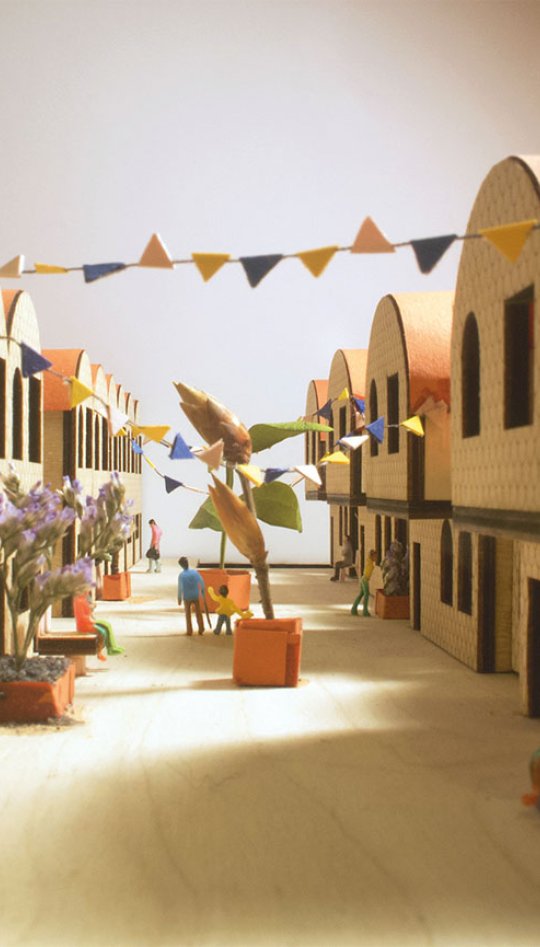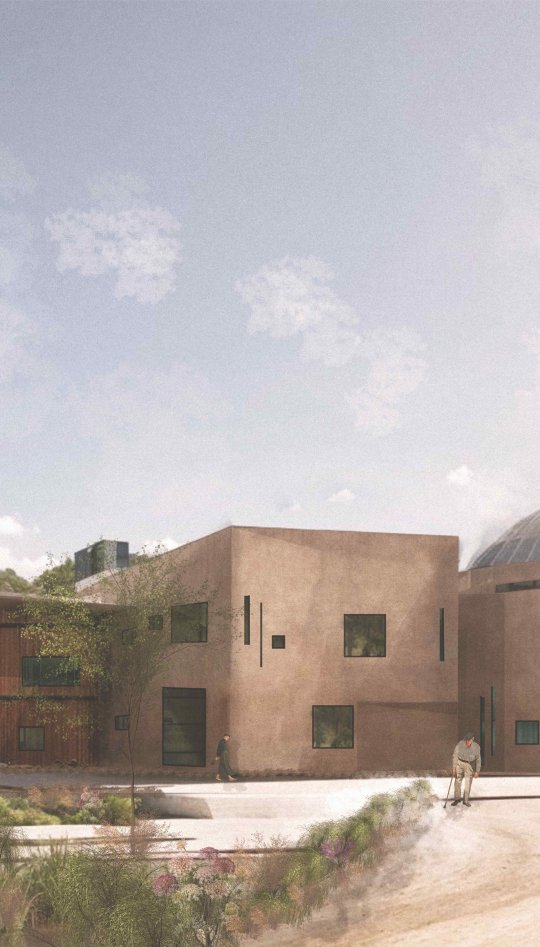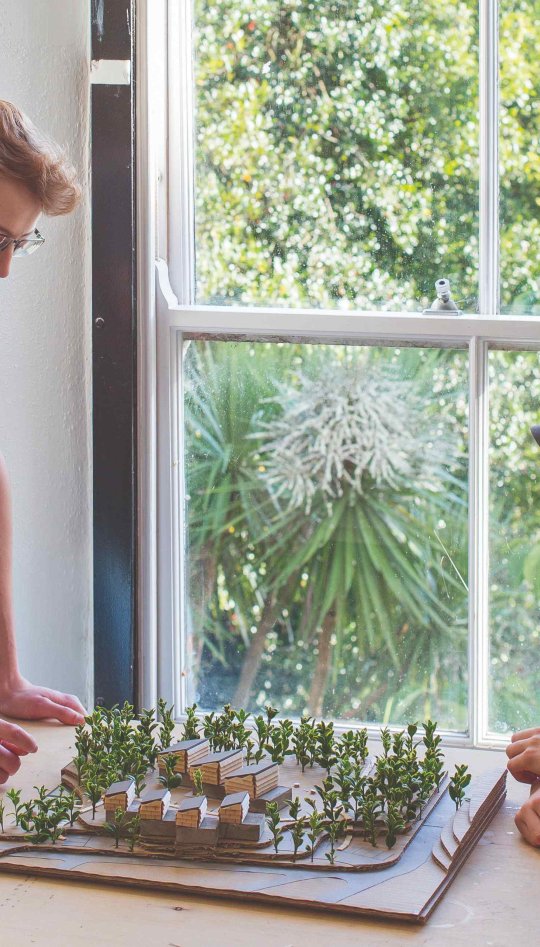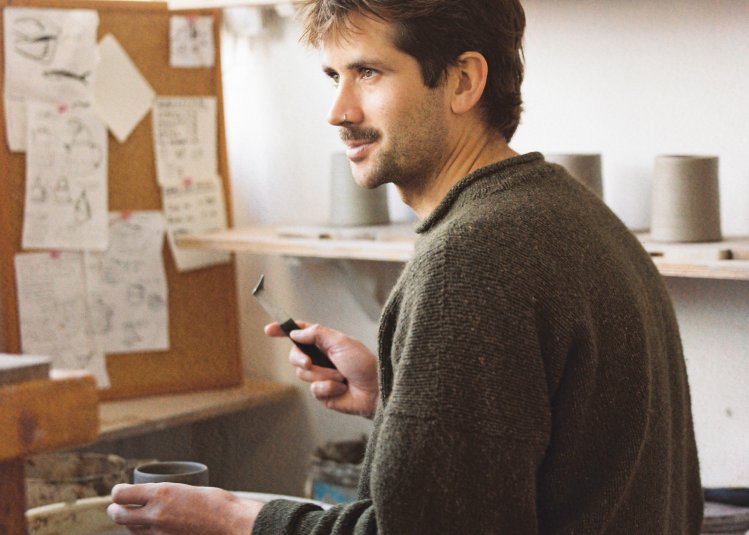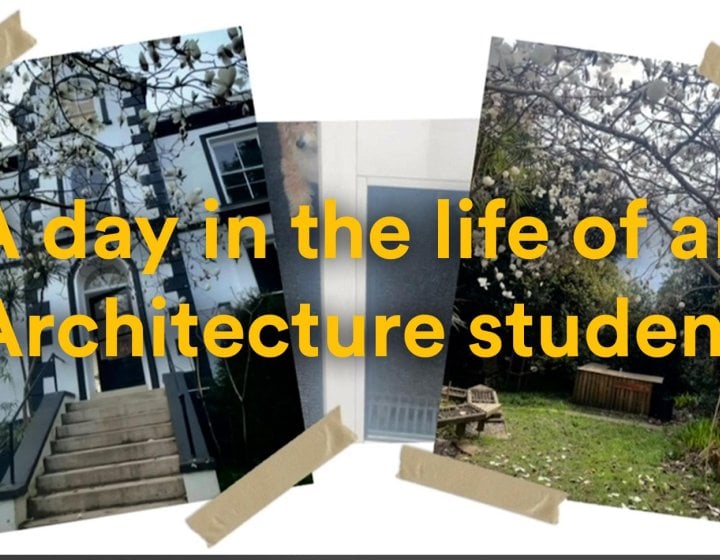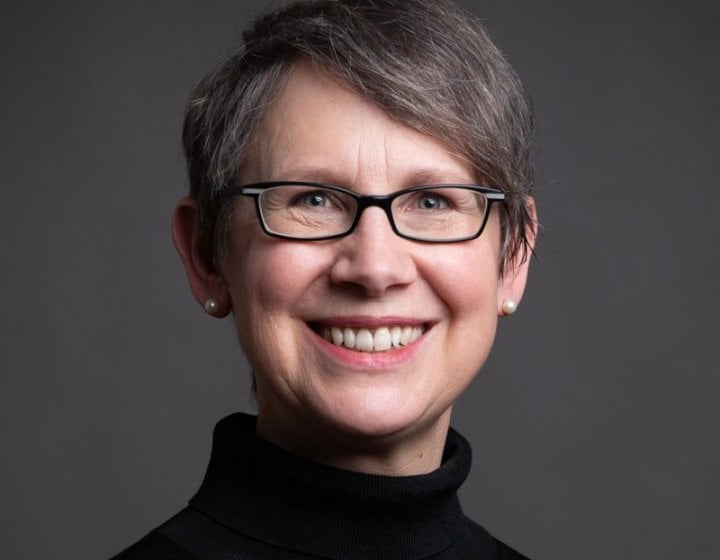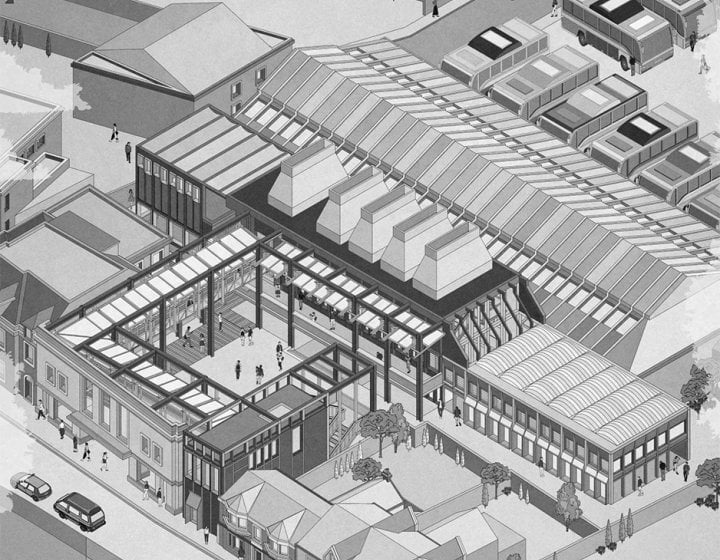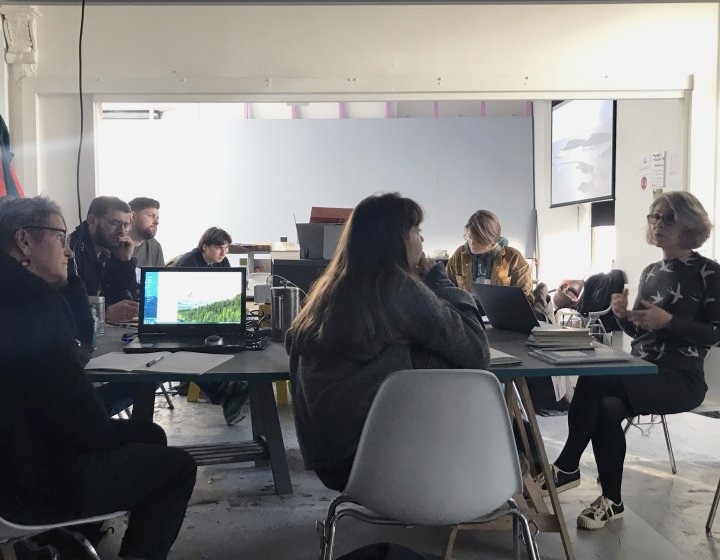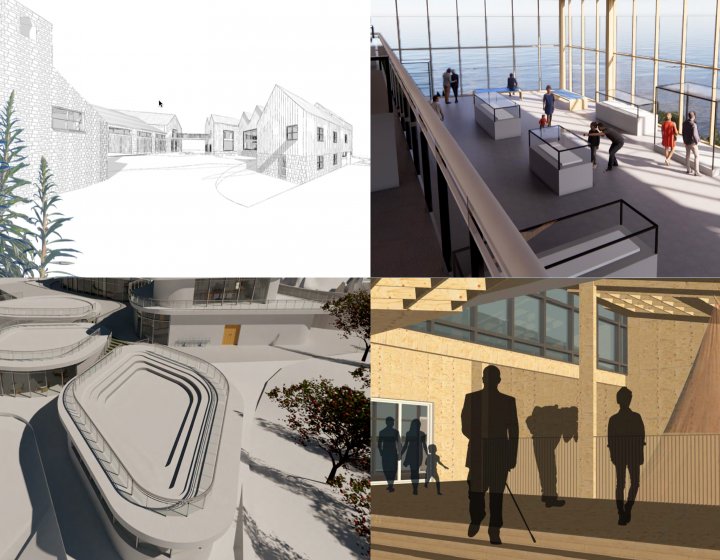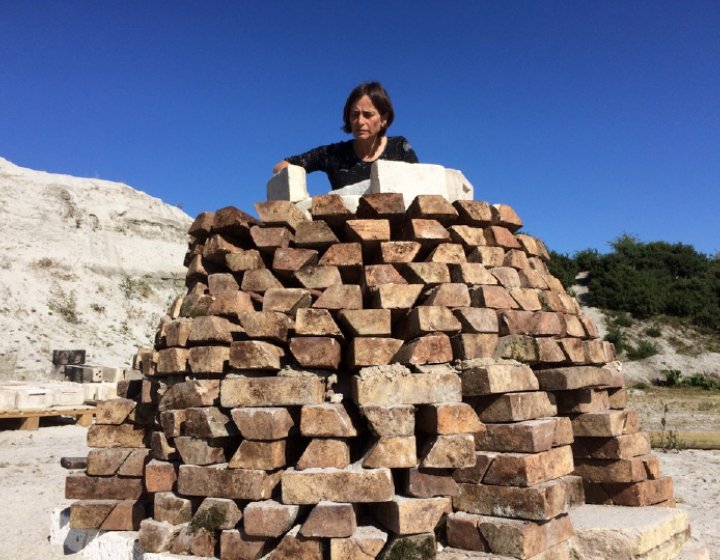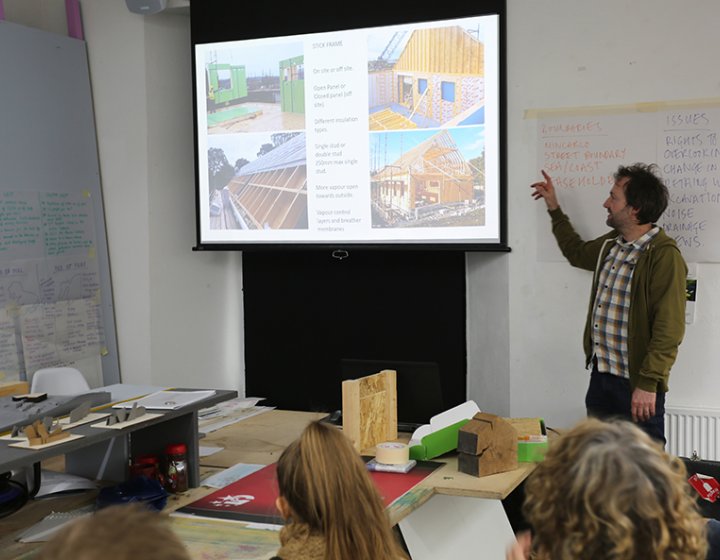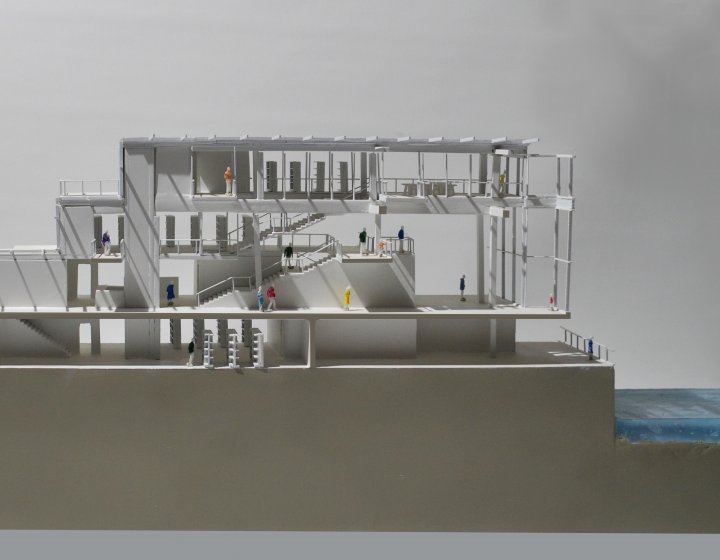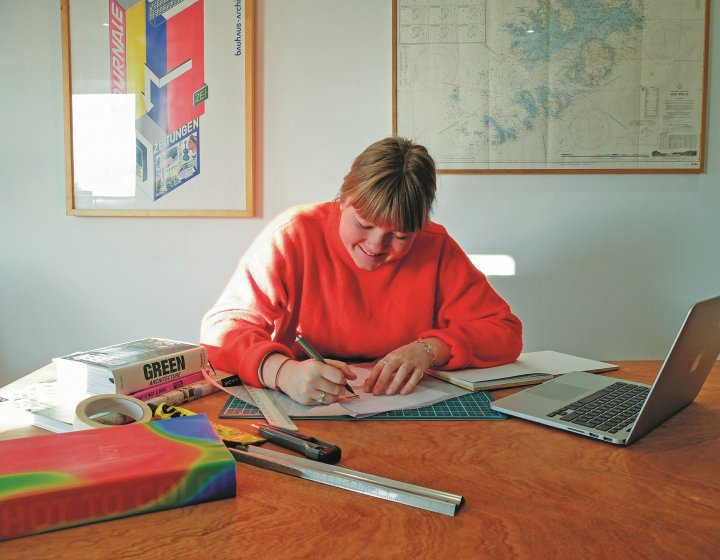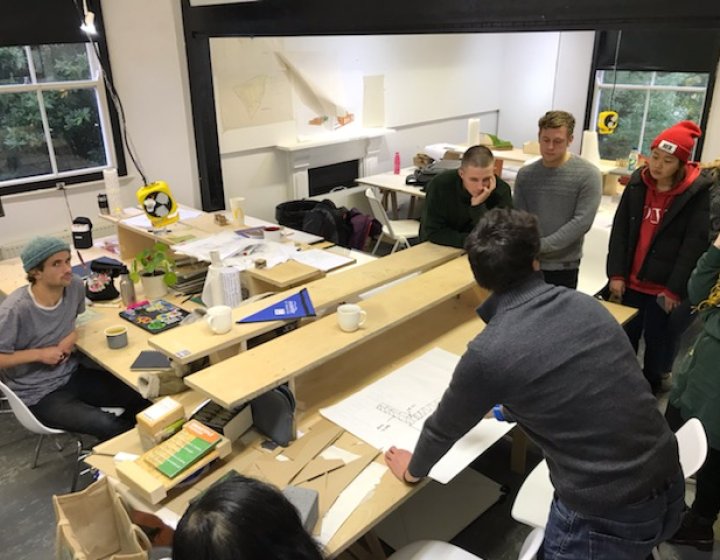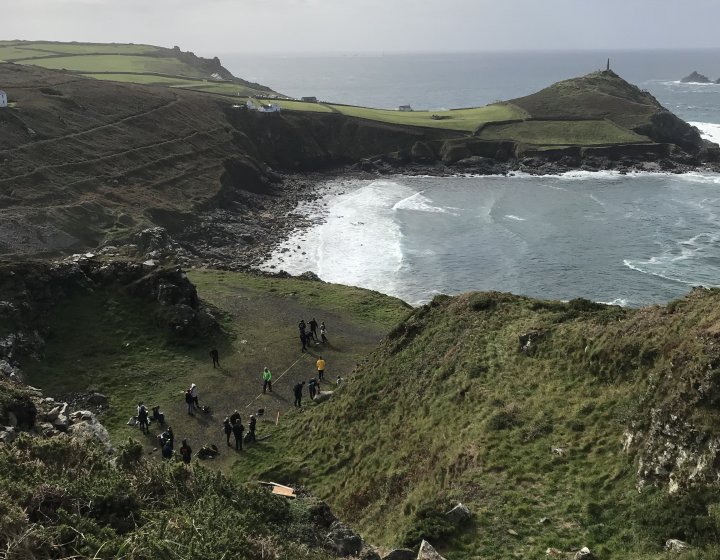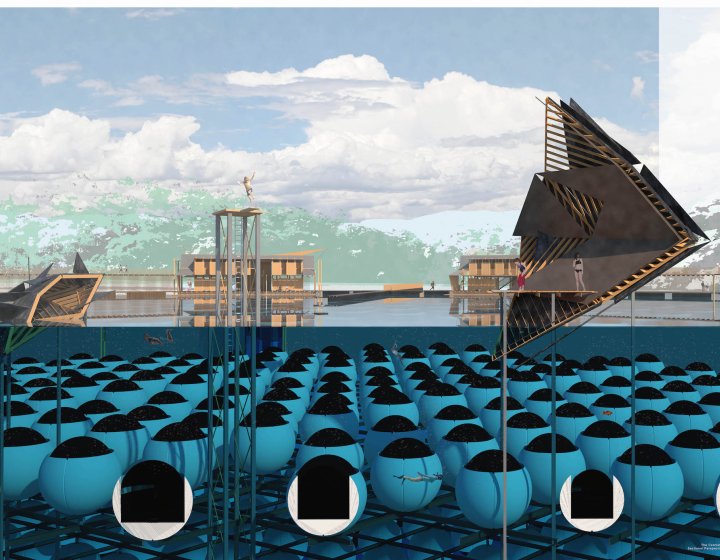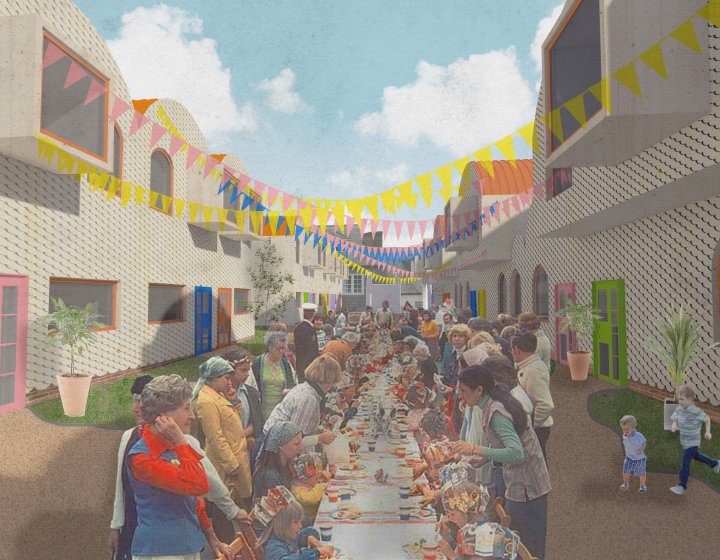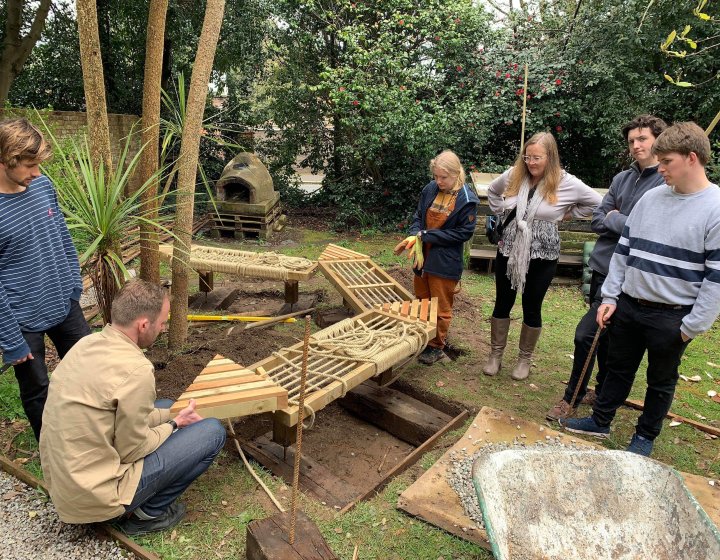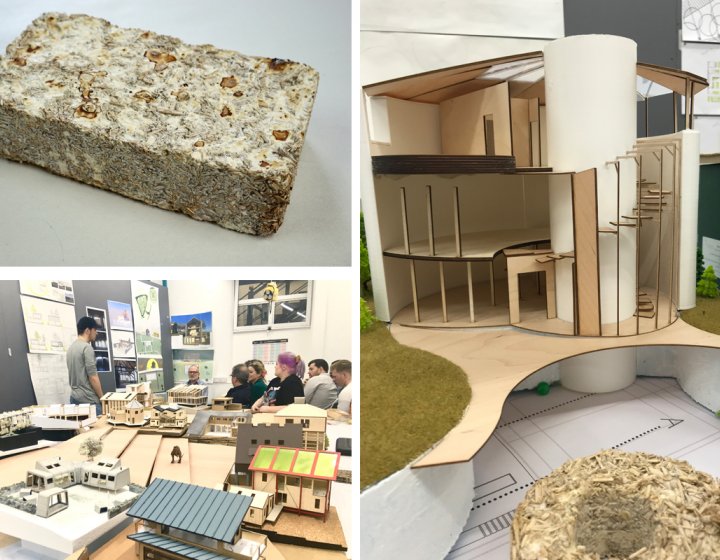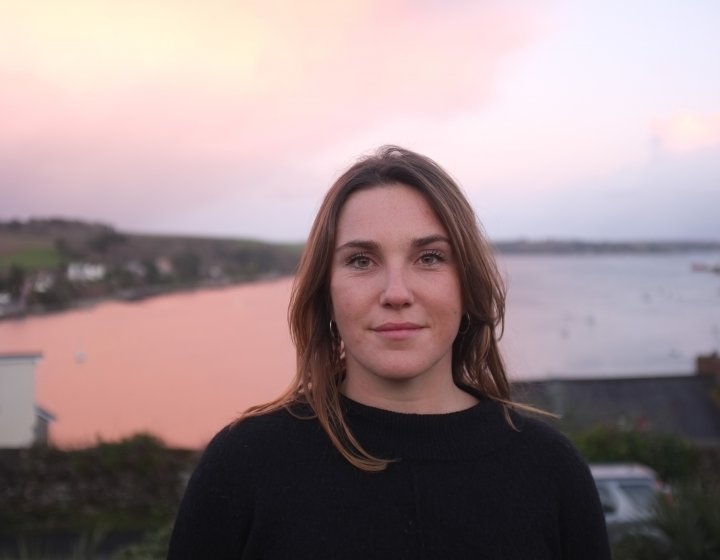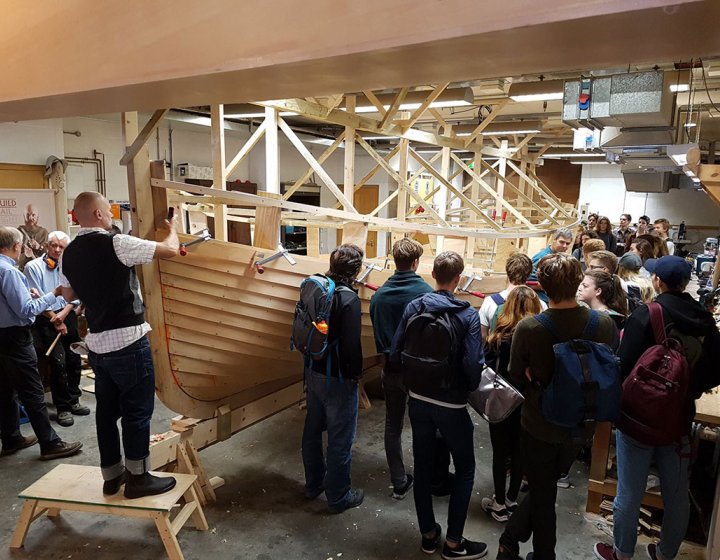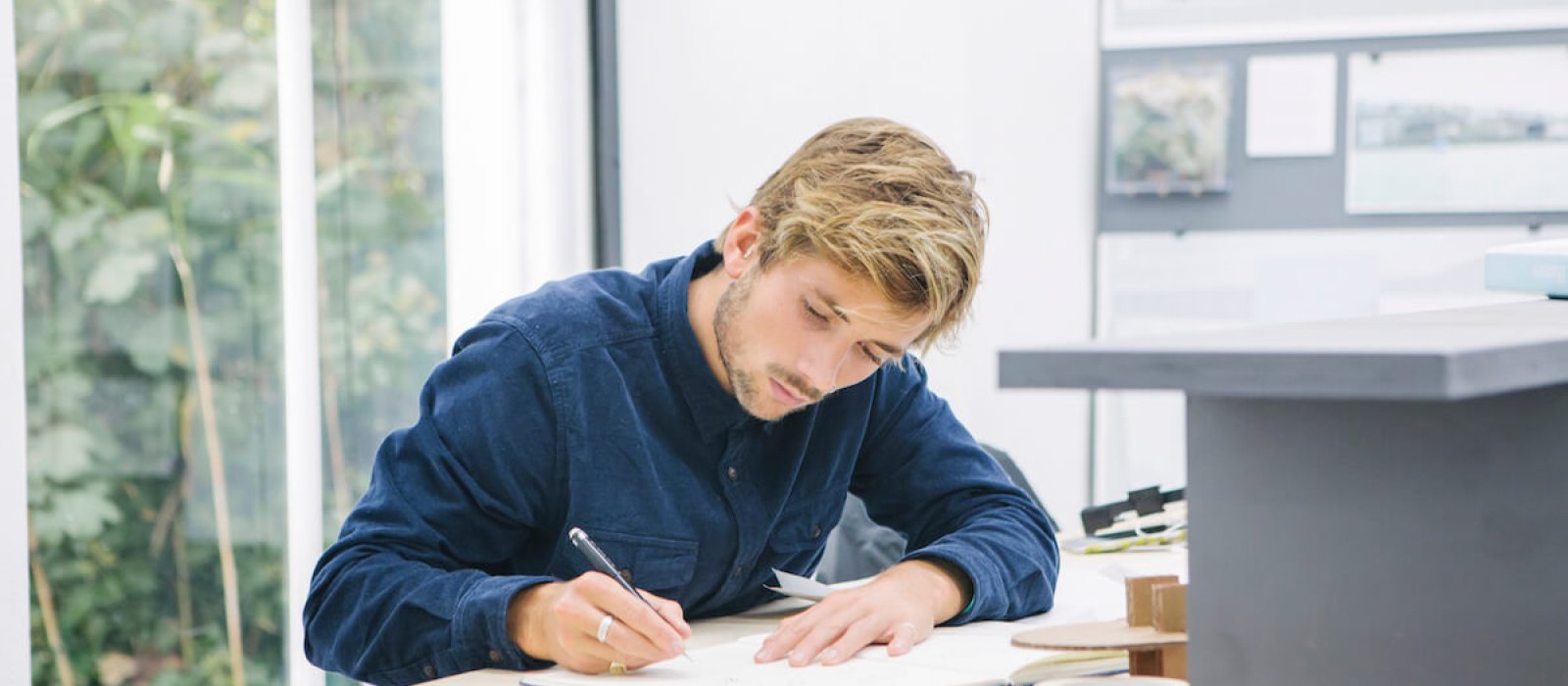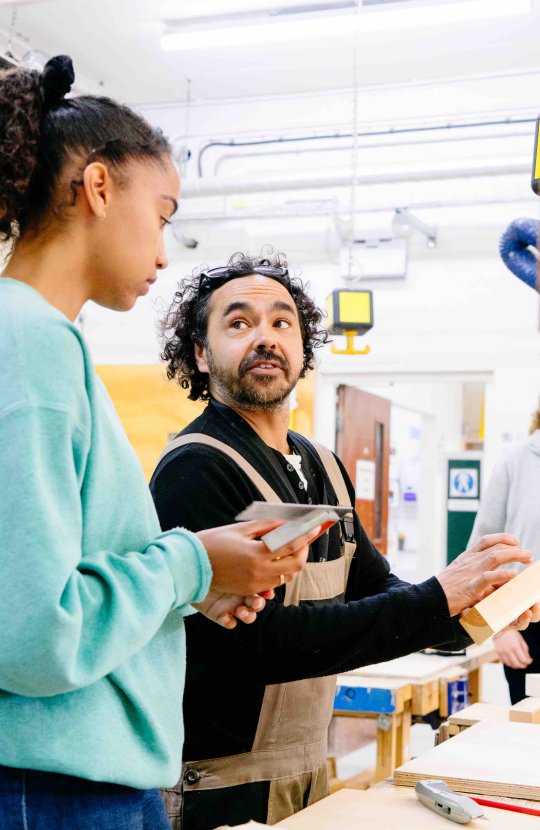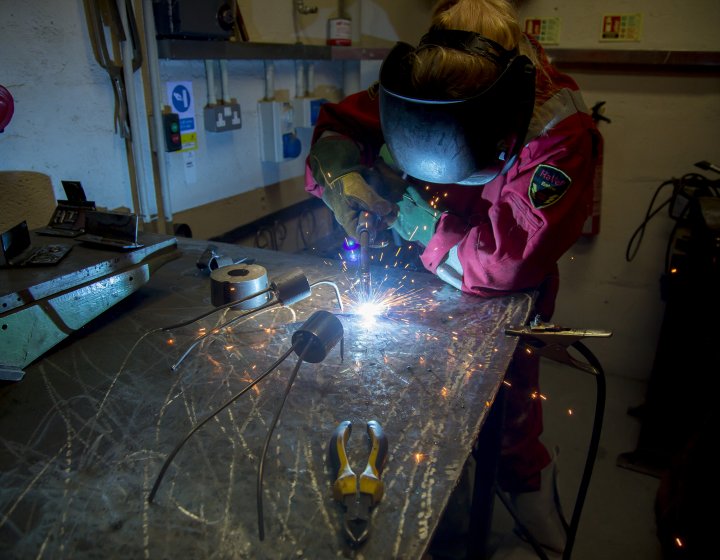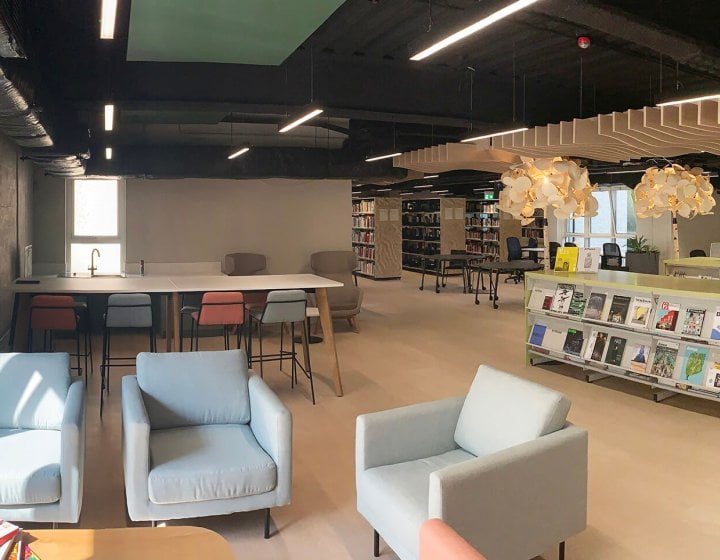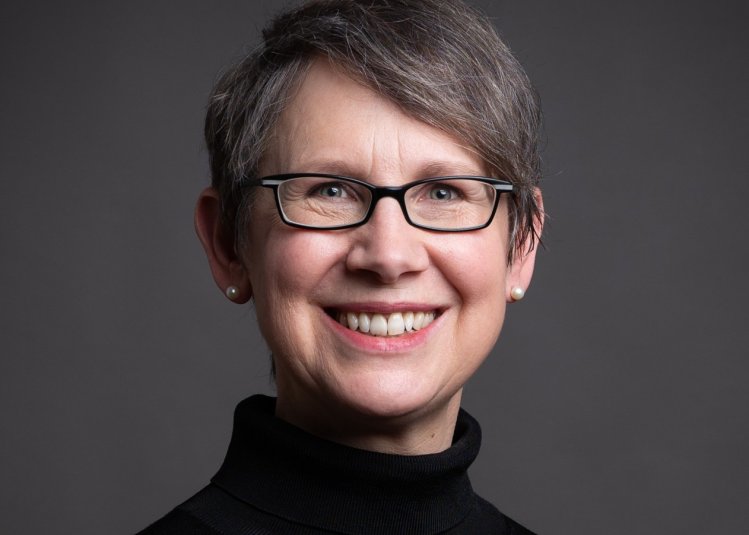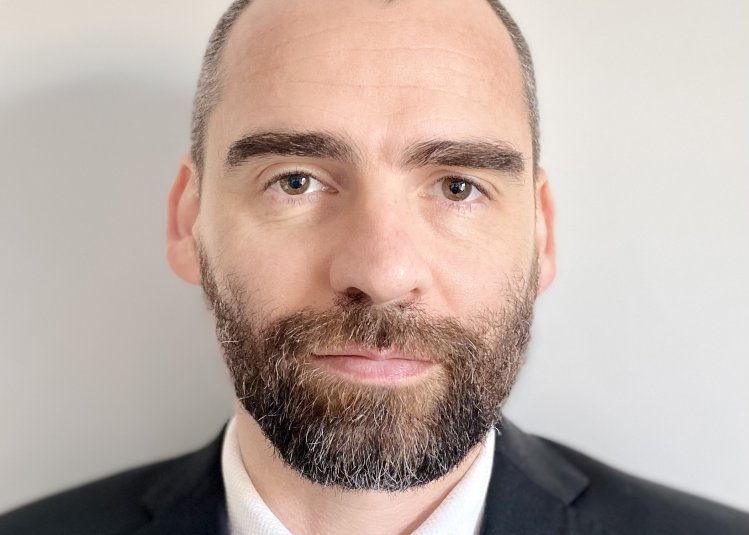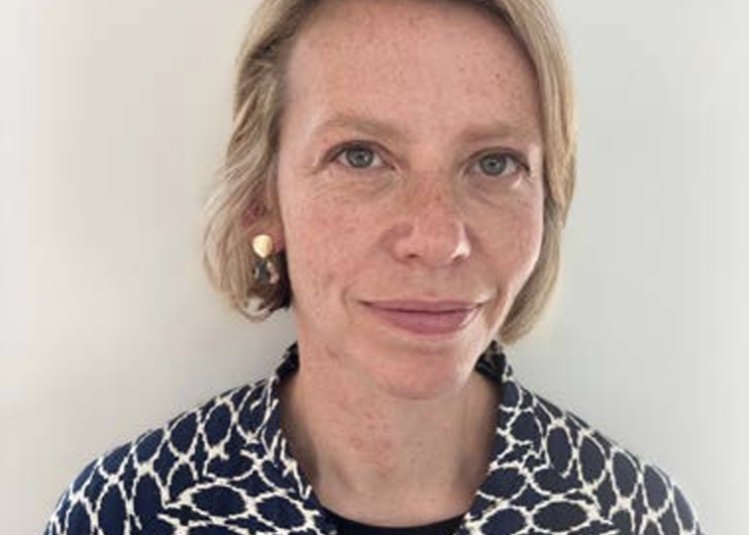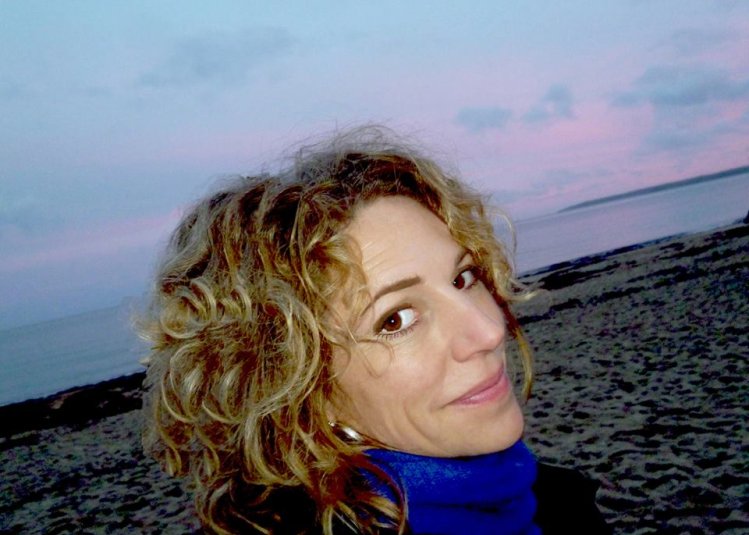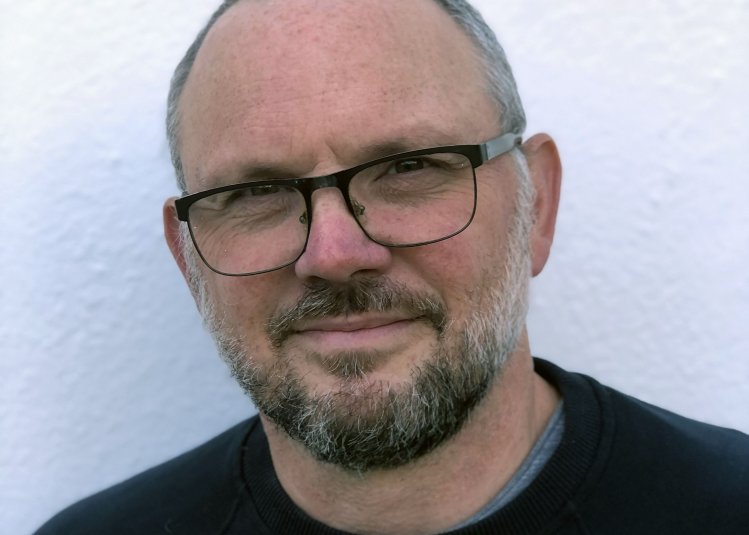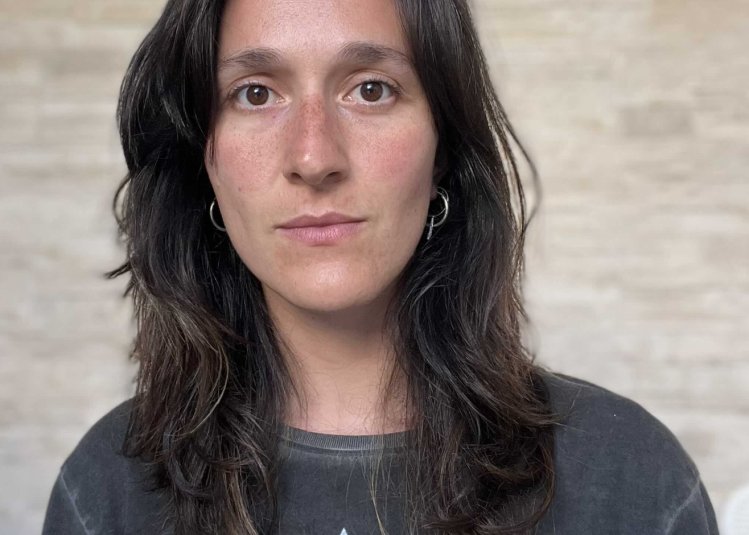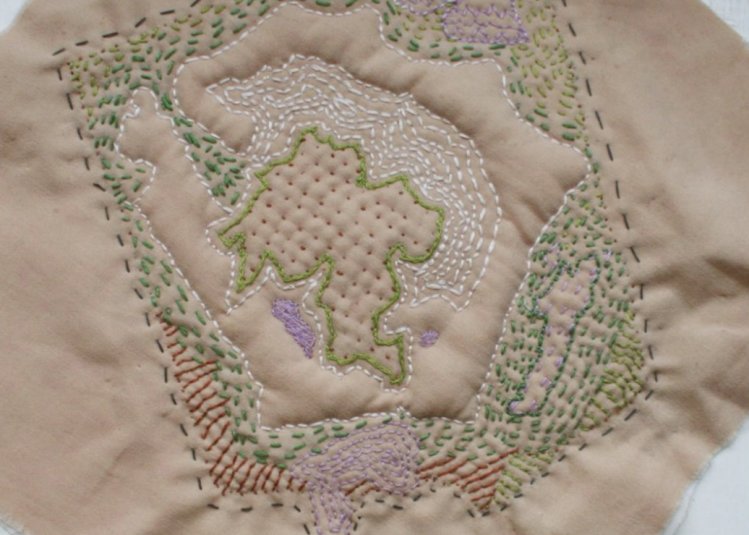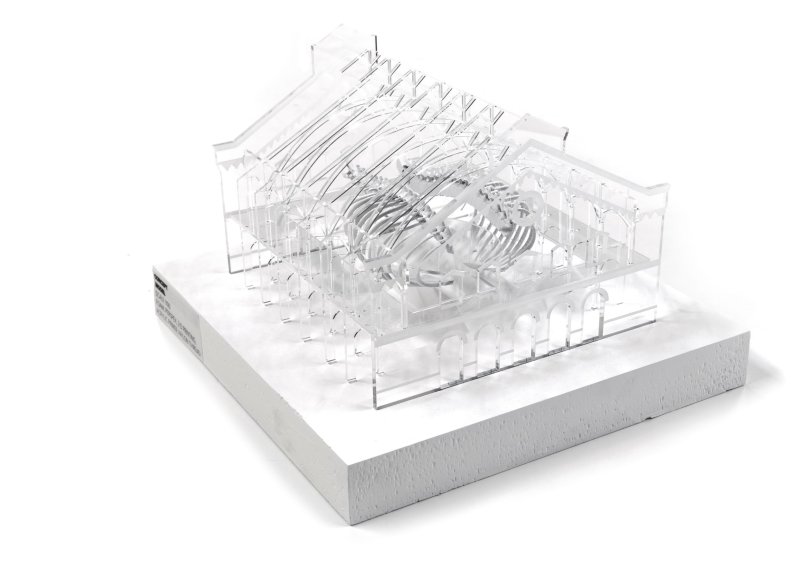Course overview
Generate imaginative, impactful designs and start your future career on this highly creative, socially engaged and ecologically sensitive RIBA Part 1 Validated Architecture course.*
Through drawing and making in real and virtual environments and understanding the influences of the histories and theories of architecture and urban design, you will develop the technical and artistic competencies needed to tackle environmental and societal challenges.
Based in a supportive and inclusive studio environment you’ll be encouraged to collaborate and innovate: exploring the craft, technologies and materials of architecture and design.
You’ll graduate with creative, practical and communication skills and the professionalism needed to excel in a career in architecture or the wider creative, environmental and construction industries.
Why study this course at Falmouth?
- Work on live project briefs with real clients, foster critical thinking and hone your understanding of professional practice.
- Work in collaborative design studios with access to making, printing and digital technical workshops, based on our beautiful Falmouth Campus with subtropical gardens.
- Develop powerful communication skills; communicating complex ideas visually, verbally and through professional and academic writing.
- Ignite your curiosity and draw inspiration from Cornwall’s unique landscape, geology and cultural heritage.
- Have the opportunity to gain valuable experience through a short-term professional placement or mentoring, and optional study trips.
The course is RIBA part 1 validated.
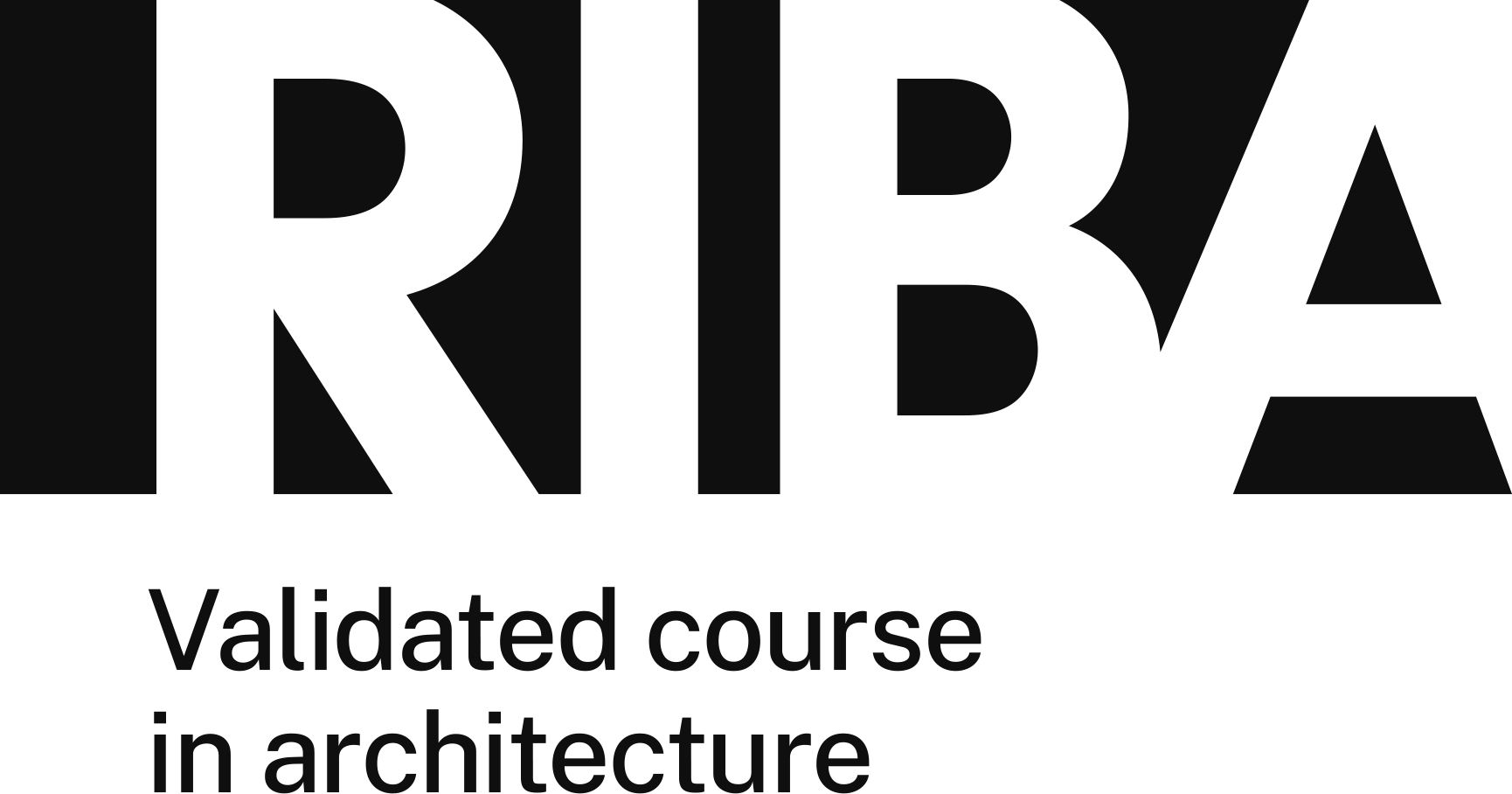
*This course is currently prescribed by the Architects Registration Board (ARB). However, from 31 December 2027, the ARB will no longer prescribe Part 1 qualifications for any UK undergraduate Architecture degree. This is a national change affecting all institutions. If you complete your course after this date, you will still graduate with a BA(Hons) Architecture degree and your pathway to becoming a UK-registered architect will not be affected, as the ARB will continue to accredit qualifications at master’s level only.
Similar courses
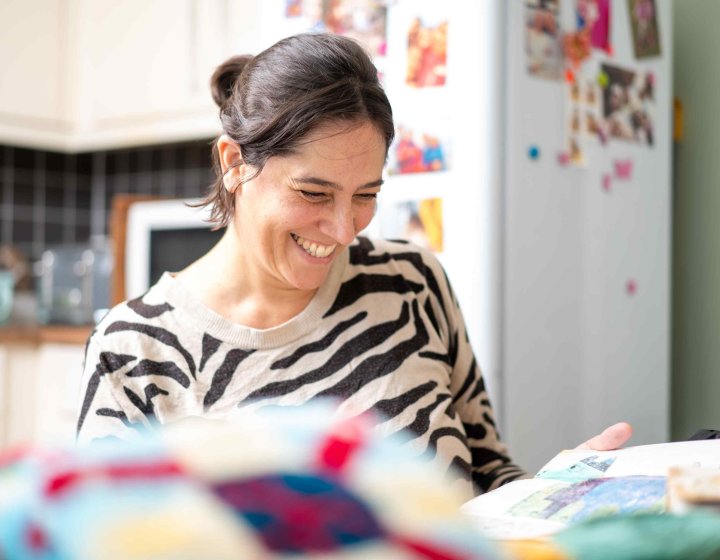
Integrated Master’s Combined Arts MA (Online)
This Combined Arts online degree gives you the opportunity to explore a wide range of creative disci...
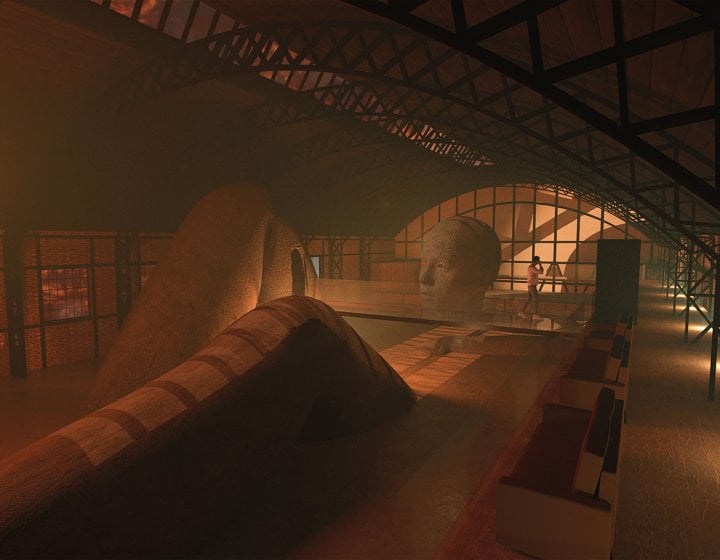
Interior Architecture BA(Hons)
Uncover the impact and potential of the spaces in which we work, rest and play, on this future-focus...
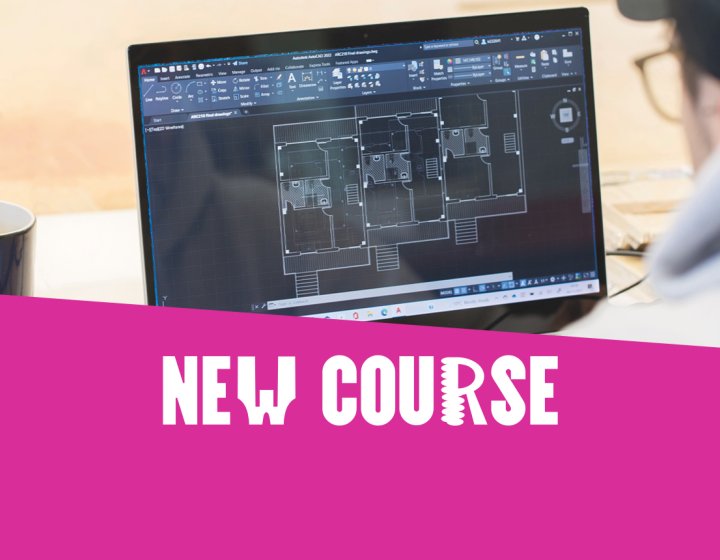
Architectural Design & Technology BA(Hons)
More course information will be provided shortly. In the meantime, if you have any questions you can...
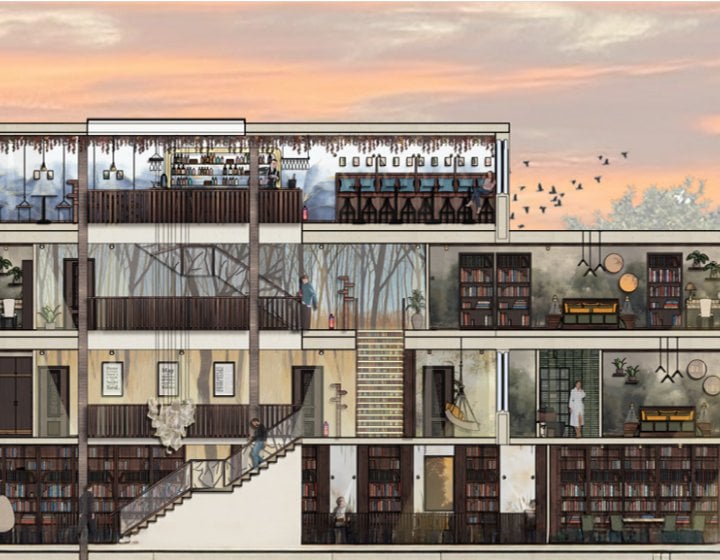
Interior Design BA(Hons) (Online)
Test the bounds of what's possible to achieve in interior spaces and develop the entrepreneurial kno...

Graphic Design BA(Hons)
Graphic Design is one of the most versatile visual disciplines, embracing words and pictures, form a...
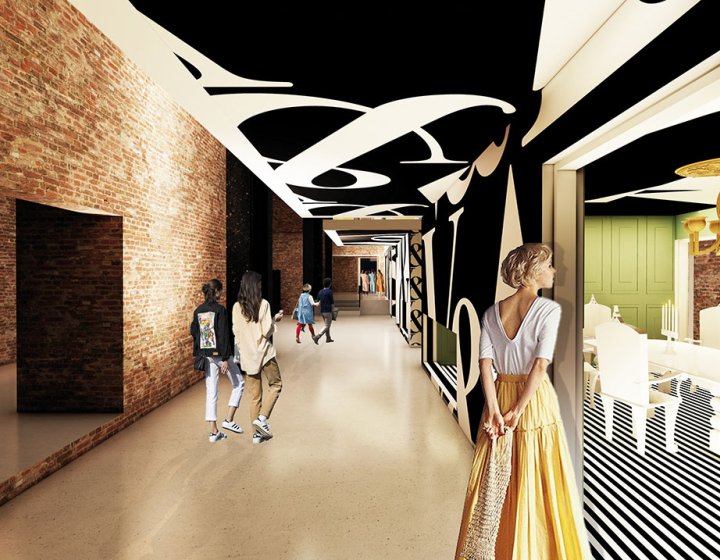
Interior Design BA(Hons)
Delve into the world of built spaces, interior environments and the people who inhabit them. Through...
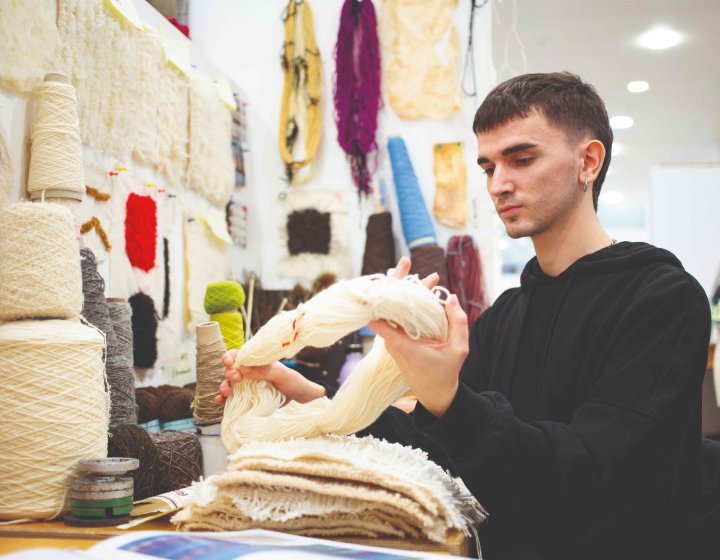
Textile Design BA(Hons)
On our textile design degree, you’ll be part of a vibrant, supportive community of multidisciplina...
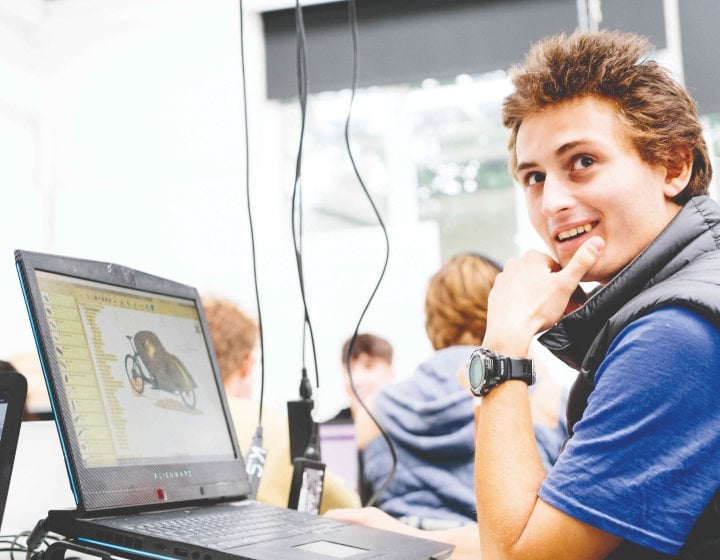
Sustainable Product Design BA(Hons)
Become a conscientious and innovative product designer with the professional practice skills to make...
